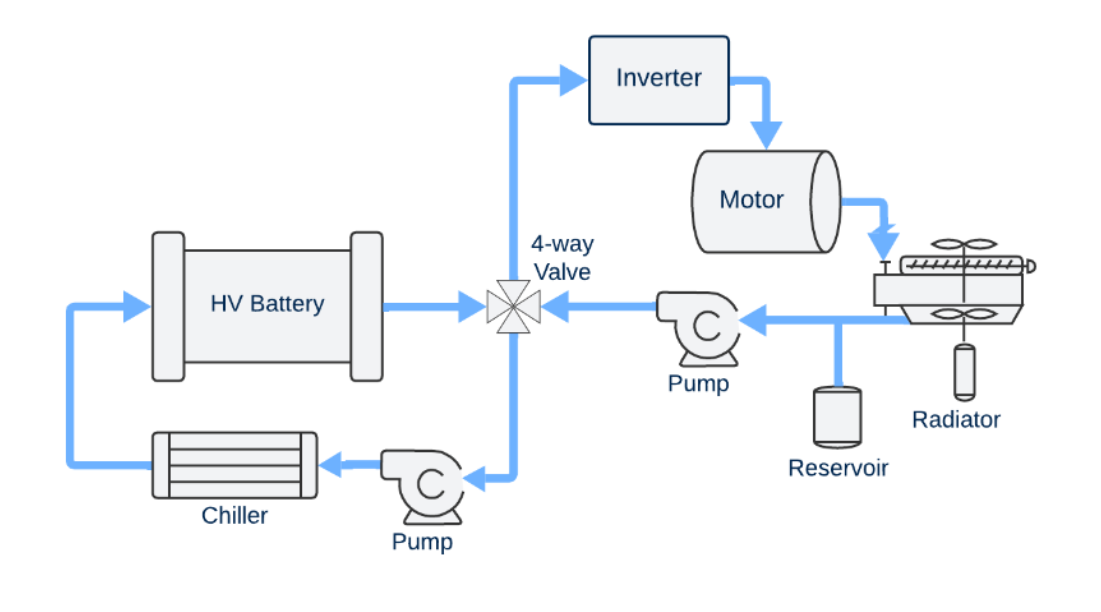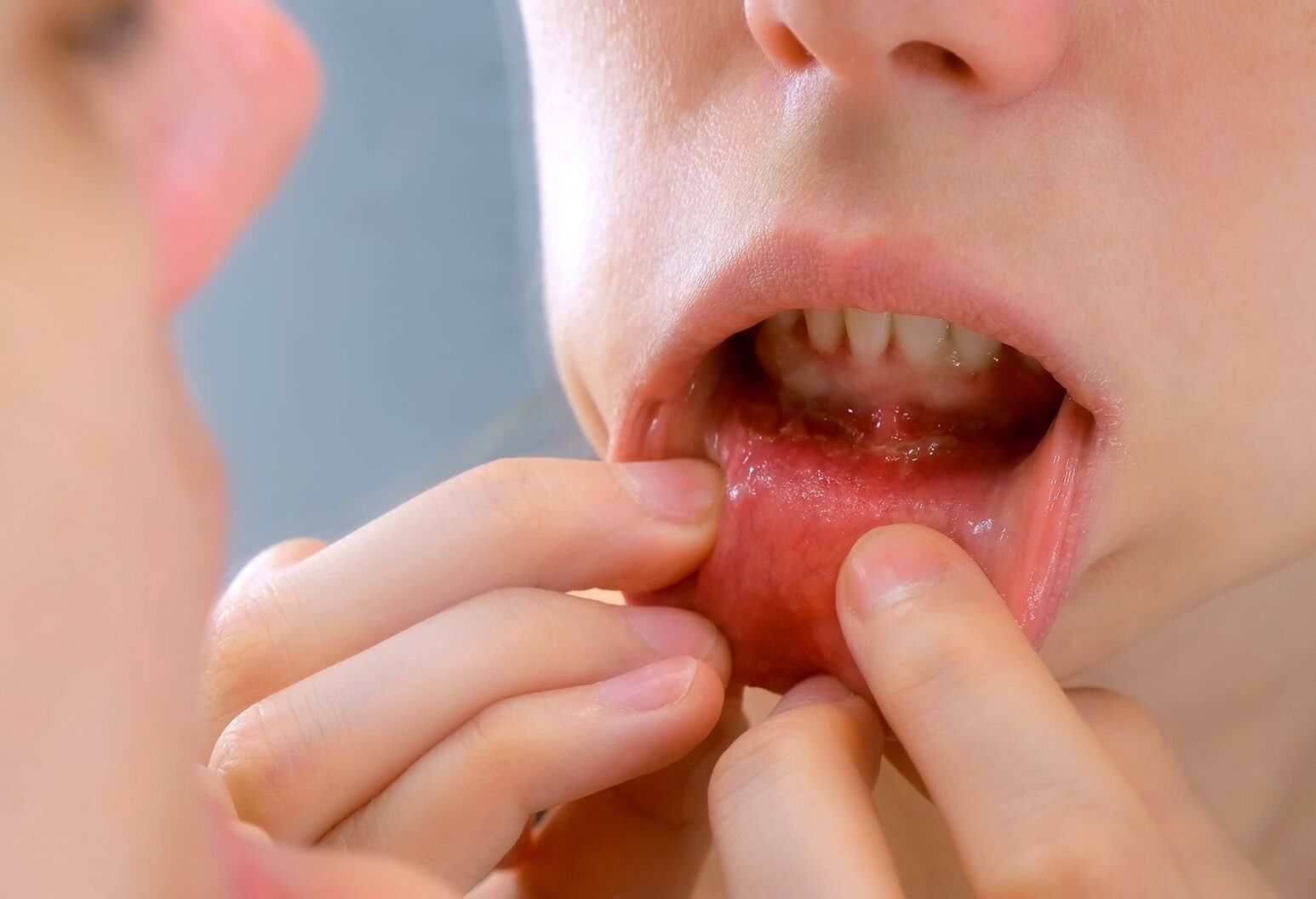A new study from UCLA Health has found that taking an 8-strain probiotic daily may help reduce the risk of pouchitis, a common inflammatory condition following colon removal surgery for ulcerative colitis. However, researchers caution that the treatment may not always be cost-effective.
The study, published in Gastro Hep Advances, is the first to assess the cost-effectiveness of probiotic therapy for pouchitis. Previous research had already demonstrated that probiotics can prevent both the onset and recurrence of pouchitis. While the UCLA team confirmed that the treatment does lower risk, their economic analysis showed that the high cost to insurers may outweigh the benefits in most patients — unless the price of probiotics decreases.
Pouchitis occurs when an internal pouch, created from the small intestine to replace the removed colon and rectum, becomes inflamed. Symptoms include urgent and frequent bowel movements, abdominal pain, and bloody stools. While often managed with antibiotics, some patients experience repeated flare-ups.
Using a two-year computer simulation, UCLA researchers determined that:
-
For preventing initial pouchitis, probiotic therapy cost nearly 10 times more than no treatment ($2,200 vs. $299).
-
For infrequent relapses, it was six times more costly ($3,370 vs. $557).
-
However, for patients with two or more relapses annually, probiotics proved cost-effective.
Lead investigator Dr. Syal noted that these results can help guide physicians in treatment planning and inform insurers and policymakers about smarter resource allocation.








